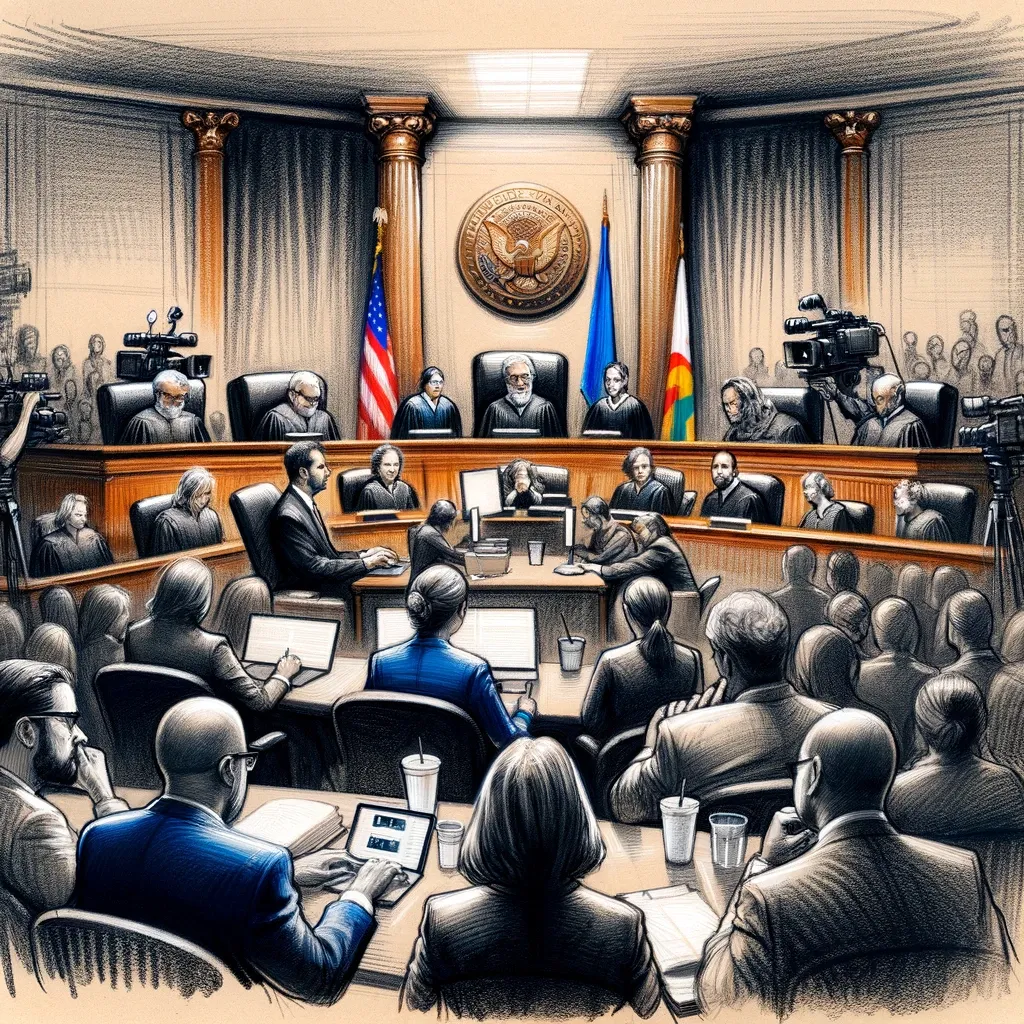Case Digest on Gonzalez v. Google LLC

This case explores the legal accountability of internet platforms under the current legal framework, focusing on whether Google LLC can be held liable for content posted on its platforms that might have contributed to terrorist activities. The key doctrine at stake is the interpretation and application of laws governing internet platforms' responsibility for user-generated content, particularly in relation to aiding and abetting terrorist acts.
Introduction:
Gonzalez v. Google LLC is a landmark case that tests the boundaries of internet platform liability, specifically the extent to which companies like Google can be held responsible for the content their users post. This case comes in the wake of a tragic event, seeking to address the complex interplay between free speech, technological platforms, and national security.
Facts of the Case:
In 2015, Nohemi Gonzalez, a U.S. citizen, tragically lost her life in a series of coordinated terrorist attacks in Paris, France, orchestrated by ISIS. Gonzalez's family brought a lawsuit against Google LLC, alleging that the company's platform had been used to disseminate content that contributed to the radicalization and coordination of the terrorists involved in the attacks.
Issue of the Case:
The core issue is whether Google LLC can be held legally liable for the terrorist content on its platform under existing U.S. laws, particularly focusing on the interpretation of provisions related to aiding and abetting terrorism and the liability shield provided to internet platforms for user-generated content.
Ruling of the Case:
The Supreme Court's decision in this case will clarify the extent of legal immunity internet platforms enjoy under laws like Section 230 of the Communications Decency Act, and whether exceptions exist for content that could be seen as aiding and abetting terrorist activities.
Impact on the Legal System:
The implications of this ruling are profound, potentially reshaping the legal landscape for internet platforms, content regulation, and the balance between national security and digital freedoms. It may affect how platforms monitor and manage content, as well as the legal recourse available to victims of terrorism facilitated by online content.
Conclusion:
Gonzalez v. Google LLC is a pivotal case at the intersection of technology, law, and security. Its outcome could significantly influence the future of internet governance, the responsibilities of digital platforms, and the legal strategies employed to combat online extremism and terrorism.

